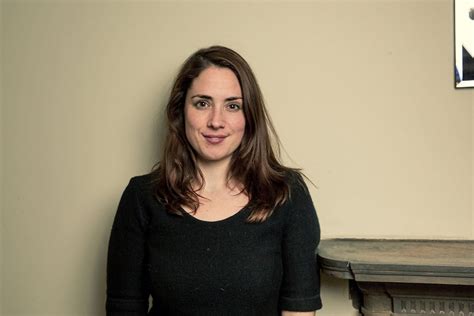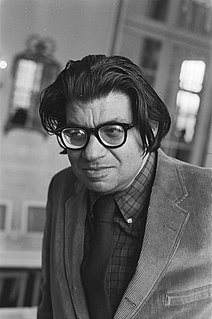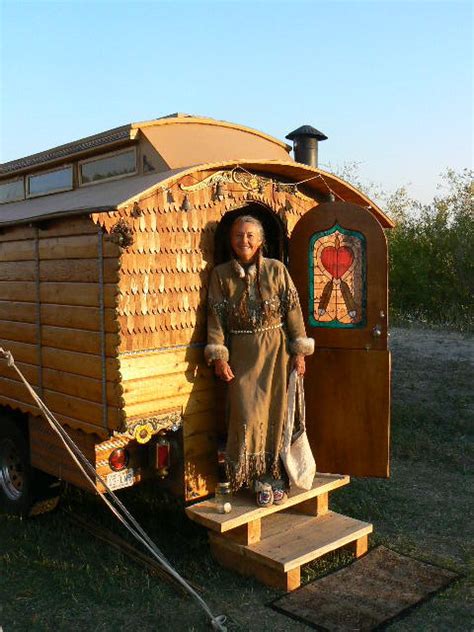A Quote by Wislawa Szymborska
I cannot speak for more than an hour exclusively about poetry. At that point, life itself takes over again.
Related Quotes
The maiden Olympics had more to protest about than mere war, though. Central to its ethos was a rejection of two establishments the political one, certainly, but also that of the wider poetry world itself. It changed poetry for ever in the UK, ... It led to readings all over the country. You suddenly got more women reading and publishing poems, as well as gay guys and poets from all over the world. Until that time, published poetry had been very university-based white, male, middle-class. We were trying to break poetry out of its academic confines.
Maybe the biggest misconception humanity has about itself is that by gaining more power over the world, over the environment, we will be able to make ourselves happier and more satisfied with life. Looking again from a perspective of thousands of years, we have gained enormous power over the world and it doesn't seem to make people significantly more satisfied than in the stone age.
And if I were to ask myself from what literature we who have been nurtured almost exclusively on the thoughts of Greeks and Romans, and of the Semitic race, the Jewish, may draw the corrective which is most wanted in order to make our inner life more perfect, more comprehensive, more universal, in fact more truly human a life... again I should point to India.
Technological consciousness takes itself dead seriously; it has no sense of humor. The fool can play no role in it, for there is no other realm that is can see beyond itself to which the fool can point. Consciousness in the throes of desire cannot tolerate laughter any more than criticism of laughter can be tolerated in a moment of sexual lust.
Bored with obvious reality, I find my fascination in transforming it into a subjective point of view. Without touching my subject I want to come to the moment when, through pure concentration of seeing, the composed picture becomes more made than taken. Without a descriptive caption to justify its existence, it will speak for itself - less descriptive, more creative; less informative, more suggestive - less prose, more poetry.
If people depend on me to be a man of truth, I have to prove again and again and again and again that I am a man of truth. It cannot be that on Monday I am a man of truth, on Tuesday I speak three-quarters truth, Wednesday I speak half-truth, on Thursday I speak one-quarter truth, on Friday I don't speak at all, and on Saturday I can't even think how to speak the truth.
The Divine Comedy is a political poem and when you say poetry is not about - he's always quoted out of context, that "poetry makes nothing happen," that doesn't mean you shrug your shoulders and don't try to make anything happen. And Dante felt that poetry was engaged, there was a point of view; it's not my point of view, it's orthodox medieval Christianity, and I have my troubles with that. He didn't feel that you could just rule out so important a section of life - we care about these things, and it's out of caring about them that we write poetry.
What meaning do our lives have if we cannot set aside at least one hour a day out of 24 for thinking about God? Think how many hours we spend reading the newspaper, gossiping and doing various useless acts! Children we can definitely set aside an hour for sadhana if we really want it. That is our real wealth. If we cannot spare a whole hour at a stretch, keep apart half an hour in the morning and again in the evening.
When I speak about attention, I mean literally, "How much attention can we pay to ourselves?" As children, sometimes we cannot hold our attention for more than a couple of seconds. Over the years we are able to attend to more and more. Yet, we're seldom schooled to hold life in respect, to enlarge our ability to love, take care of, and be respectfully connected with all things around us.






































